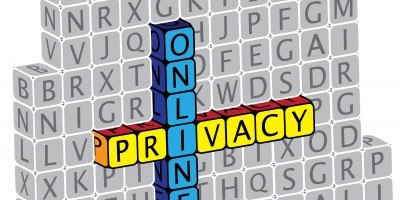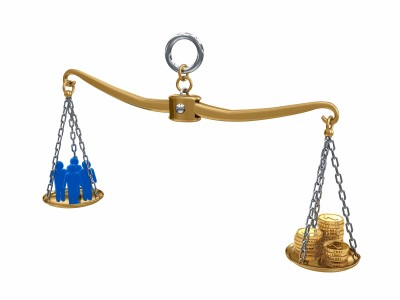The art of negotiation for the new asset class
Personal data has considerable value and people are starting to recognise it. That’s because wherever they go and whatever they do it seems that there are people asking them for that data. From multiple questions when we make even the simplest of requests, to the cookies that are loaded onto our browsers as we surf the net, to the repeated requests to provide feedback and complete surveys, every ... »








